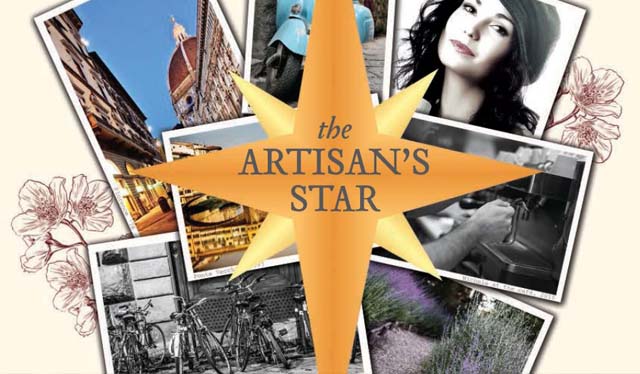
Book Review of Gabriella Contetstabile’s novel “Artisan’s Star”

Un viaggio virtuale in Italia tra le pagine di un romanzo
Taking part in a virtual journey in Italy through literature
Sto partecipando a un Virtual Book Tour organizzato da Laura Fabiani di Italy Book Tours. Il nuovo libro di Gabriella Contestabile, intitolato “Artisan’s Star”, è un’avventura affascinante e storicamente ricca.
I am taking part in a Virtual Book Tour organized by Laura Fabiani of Italy Book Tours. Gabriella Contestabile’s new book, “Artisan’s Star”, is a fascinating and historically rich adventure.
La trama del romanzo — un’anteprima
The novel’s plot — sneak peek
Il libro di Gabriella Contestabile, The Artisan’s Star, a tratti sembra una poesia. L’autrice descrive amorevolmente l’Italia, Firenze, i negozi e i profumi della città. Le sue descrizioni sontuose e ben scritte catturano osservazioni così vivide da farmi sentire nostalgica per questa splendida città medievale adagiata sulle rive dell’Arno. Le descrizioni di cibi e vini sono talmente evocative da farmi venire fame, pronta a tuffarmi in un grande piatto di pasta o a mordere un succoso pomodoro rosso. Contestabile dipinge anche un ritratto dettagliato degli italiani, dai vestiti ai gioielli, dalle borse in pelle alle biciclette e motorini.
Gabriella Contestabile’s book, The Artisan’s Star, at times reads like poetry. The author lovingly describes Italy, Florence, its shops, and the aromas of the city. Her lavish and beautifully crafted descriptions bring vivid observations to life, making me nostalgic for this charming medieval city on the banks of the Arno. The evocative descriptions of food and wine made me hungry, ready to dive into a big plate of pasta or bite into a juicy red tomato. Contestabile also paints a detailed portrait of Italians, from their clothing to their jewelry, leather bags, bicycles, and scooters.
Un’arte antica: il profumo
The ancient art of perfume
L’autrice ha fatto un lavoro straordinario nel ricercare l’arte e il processo di creazione dei profumi. Le pagine che descrivono le fragranze e gli aromi—dalla pelle alla lavanda—sono tra le più affascinanti del libro.
The author has done an exceptional job researching the art and process of creating perfumes. The passages describing fragrances and aromas—ranging from leather to lavender—are some of the book’s most captivating.
Un diario di viaggio mascherato da romanzo
A travel diary disguised as a novel
Ho apprezzato il libro di Contestabile dal punto di vista di un’artista, una viaggiatrice e una persona che adora Firenze. Tuttavia, andando avanti nella lettura, invece di perdermi nei personaggi e nella trama, mi sono trovata immersa in un mare di dettagli. Più che un romanzo, sembrava un diario di viaggio. La trama e i dialoghi si perdevano spesso in molte direzioni, senza uno scopo chiaro. A volte le descrizioni poetiche di profumi e fiori diventavano un po’ ripetitive e, oserei dire, un po’ troppo “fiorite”!
I enjoyed Contestabile’s book as an artist, traveler, and someone who absolutely adores Florence. However, as I delved deeper into the book, instead of getting lost in the characters and plot, I found myself adrift in a sea of details. Rather than a novel, it felt like a travel diary. The storyline and conversations often wandered in various directions without clear purpose. At times, the poetic descriptions of scents and flowers became somewhat repetitive and, dare I say, a little too flowery!
Donne forti e storie frammentate
Strong women and fragmented stories
Sono rimasta affascinata dal potenziale delle forti e indipendenti donne del libro: Elena, la madre; Romina, la figlia; Sofia, la moglie; Palma, l’insegnante e amante; e infine Marina, la vecchia amica e amante. Ognuna di loro avrebbe potuto essere la protagonista di un romanzo a sé. Tuttavia, la storia di Elio, a mio avviso, risultava più limitata e meno interessante. Nel complesso, ho trovato che ci fossero troppi personaggi e linee narrative che, a volte, rendevano la trama un po’ confusa e dispersiva.
I was captivated by the potential of the book’s strong, independent female characters: Elena, the mother; Romina, the daughter; Sofia, the wife; Palma, the teacher and lover; and finally Marina, the old friend and lover. Each of them could have been the protagonist of their own novel. However, Elio’s story felt more limited and less compelling. Overall, there were too many characters and storylines, which at times made the plot a bit muddled and meandering.
Conclusione — Una lezione di viaggio tra le pagine
Conclusion — A travel lesson through the pages
In sintesi, il libro è ricco di prosa meravigliosa e descrizioni incantevoli, ma alla fine sembra più una conferenza di viaggio su Firenze, i suoi artigiani e i suoi mestieri. Non è necessariamente un aspetto negativo! I dettagli sono straordinari e pieni di fascino, ma invece di supportare la storia, spesso la sovrastano. Come con i profumi, un po’ di moderazione può fare miracoli!
In summary, the book is rich in beautiful prose and enchanting descriptions, but ultimately it feels more like a travel lecture about Florence, its artisans, and its crafts. That’s not necessarily a bad thing! The details are extraordinary and full of charm, but instead of supporting the story, they often overshadow it. As with perfumes, a little restraint goes a long way!
If you love novels set in Italy, don’t miss Melissa Muldoon’s books!
Dive into romantic adventures set in the captivating cities of Florence, Arezzo, Rome, and Montepulciano. Melissa’s second novel, “Waking Isabella”, is also available in Italian! Treat yourself to an armchair journey through Italy and let yourself be swept away by the charm of these enchanting locations.
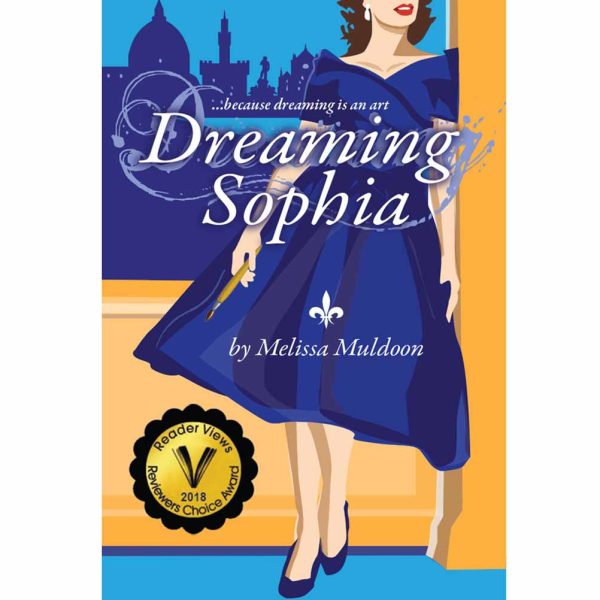
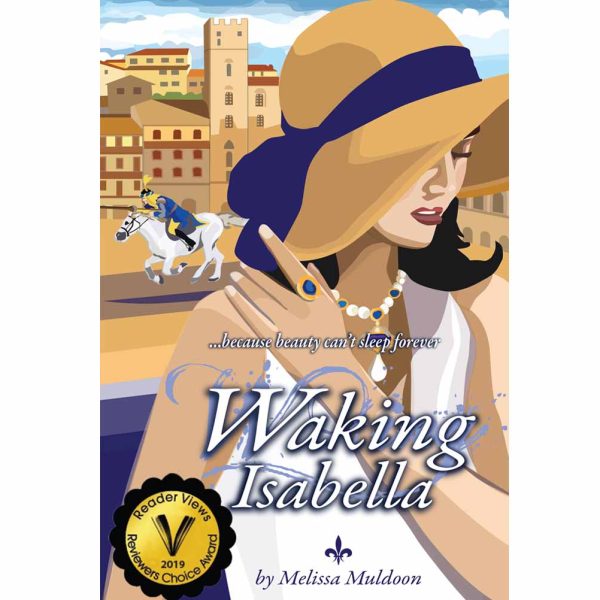
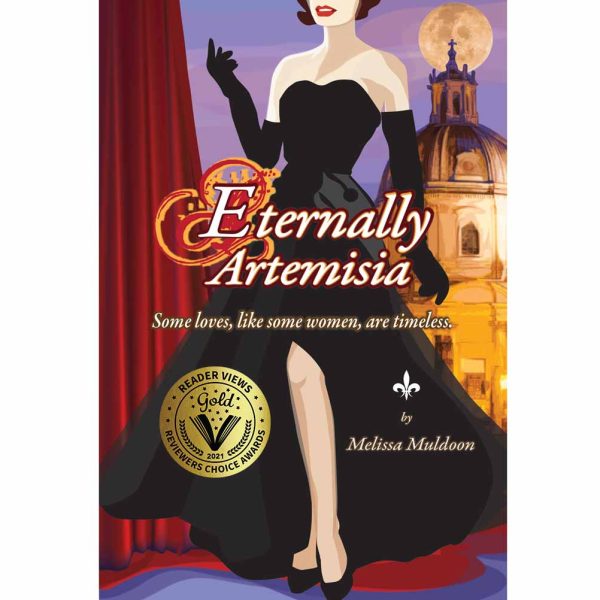
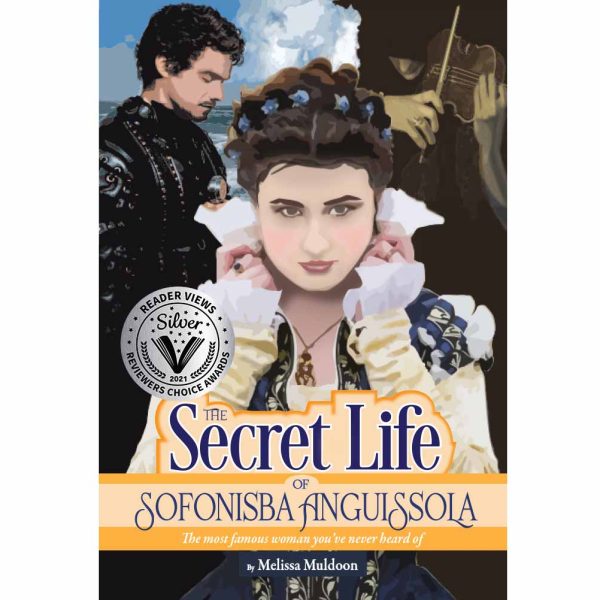
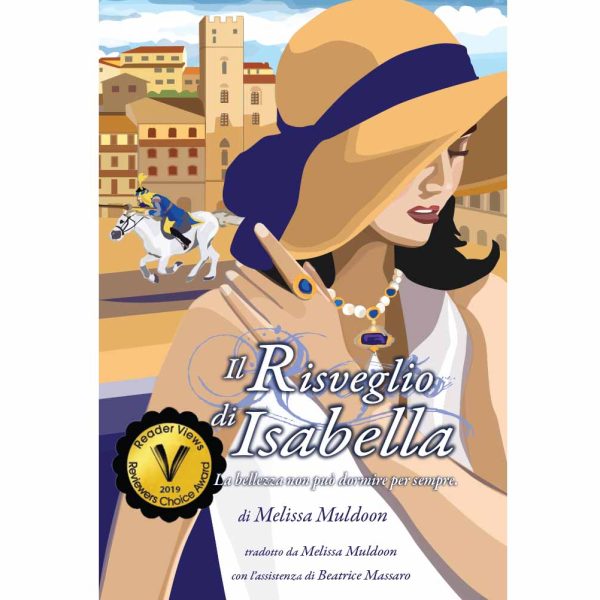


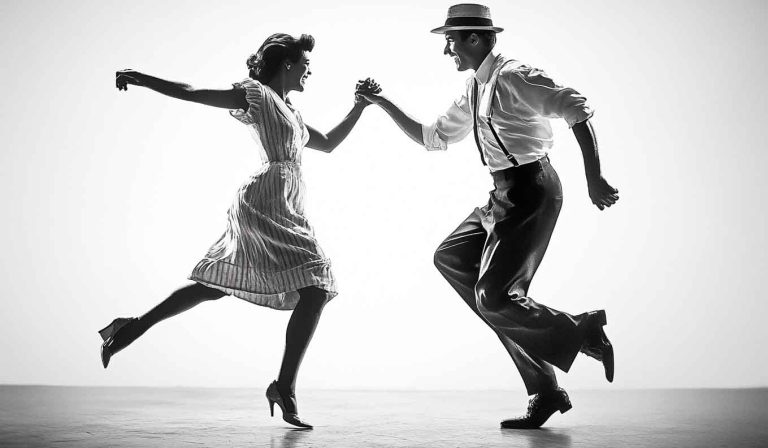
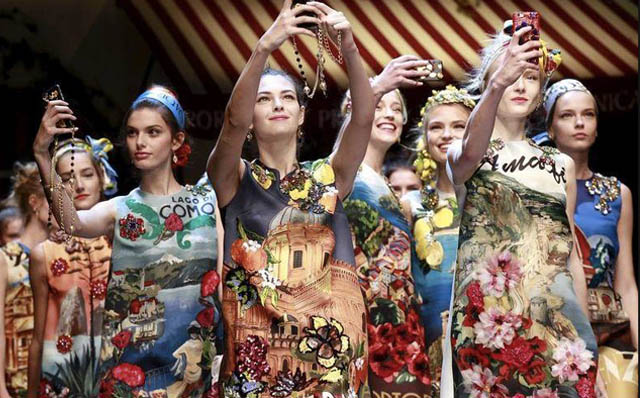
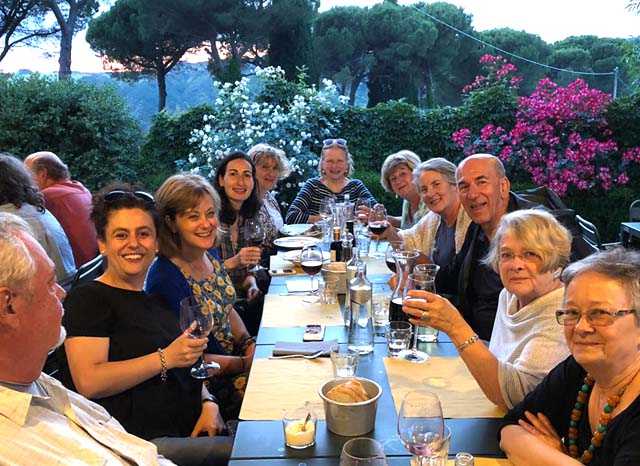
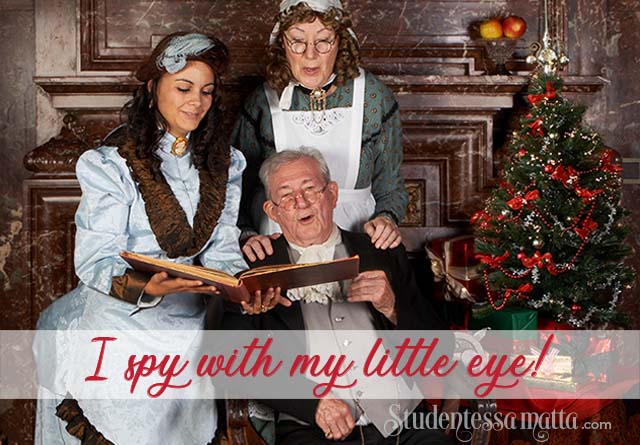





Melissa,
Loved your podcast on the 11 points of learning Italian. While I have not been quite as diligent as you, my journey began much the same way with grammar and vocabulary. My first teacher (a brilliant woman, but who gave me a total complex about speaking) was excellent with vocabulary and particularly conjugations and grammar. As a former English teacher I have always felt that grammar is the underpinning, and taught grammar to my own kids when they were in high school as it was deleted from American curriculum.
Several different subsequent teachers focused on listening and speaking and helped immensely get me past my “blocco” when it came to speaking. My week with Lucia Dezuani was also very helpful with this. Also, reading Italian literature both historic and contemporary is a huge help. I have read literally close to a hundred books in Italian on my Kindle using an interactive dictionary. Some of the very inexpensive books offered on Amazon, while not works of art, help with fluency and quick reading. Currently my teacher and I have whipped through a young mystery writer’s works (Claudio Ruggeri) that follow the genre of gialli written in both English and Italian. His character, Commissario Germano, and his staff are somewhat of the ilk of Montalbano, the supreme character created by Andrea Camilleri. (While Camilleri’s original works are very difficult to read as they contain so much Sicilian dialetto, I have read them in translation and watched the television series (own all of them) over and over.
Kudos to you for all you are involved in. The podcasts are great and I listen and understand perfectly. When in Italy I can get myself into and out of most situations fairly gracefully, the next step is more work with the prepositions and more idioms!!! Thank you always!!!!
Ciao Jan! How great to hear from you! So glad you dropped in and left me a comment! I always like to share learning stories and so I am very glad you let me know what you have done and are doing to continue you language studies. It sounds like you are keeping very active and finding very interesting things to do with your Italian. Complimenti! I will have to look up the books by Claudio Rugger, they sound like a nice find.
Its really nice to know that you are listening to the podcast and are finding them useful. I put a lot of thought into them and learn a lot each time a record one, I’m glad that you are listening and are enjoying them.
Drop in anytime and leave me a message. Love hearing from you! A presto! Melissa
Thank you Melissa for the multi-faceted and beautifully illustrated bilingual review. I’m glad it transported you back to Florence and I hope you did dive into that big plate of pasta. I also very much enjoyed reading your skillful prose in both English and Italian. I follow your posts so this is all in keeping with your spirited and honest take on life.
I agree with you about the female characters and have become attached to them myself. So much so they may appear in a collection of short stories also set in Italy but featuring female protagonists. I also appreciate your candid commentary on the novel/travelogue nature of “The Artisan’s Star”.
Grazie Mille!
Ciao Gabriella! che onore sentirti! What a thrill to have you read my post and follow along the blog and Matta Facebook page. I certainly look forward to your next books and learning more about the lovely female characters you have created. I hope we can meet some day…perhaps in our beloved city of Firenze! Un abbraccio! A presto! 🙂